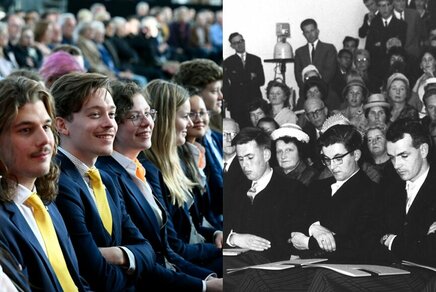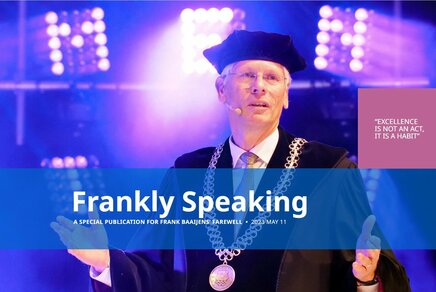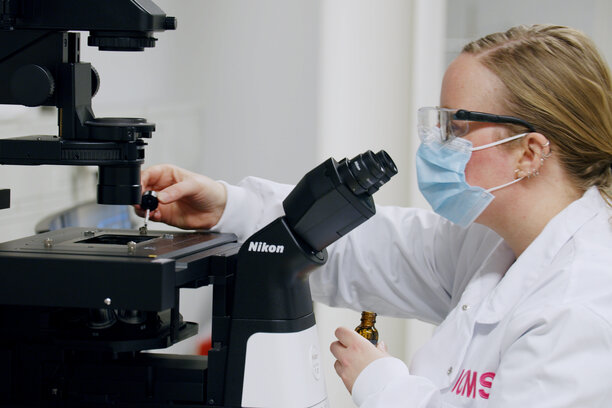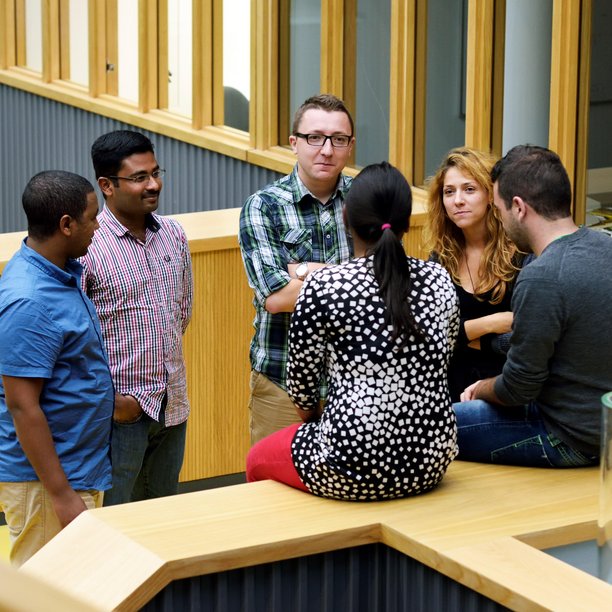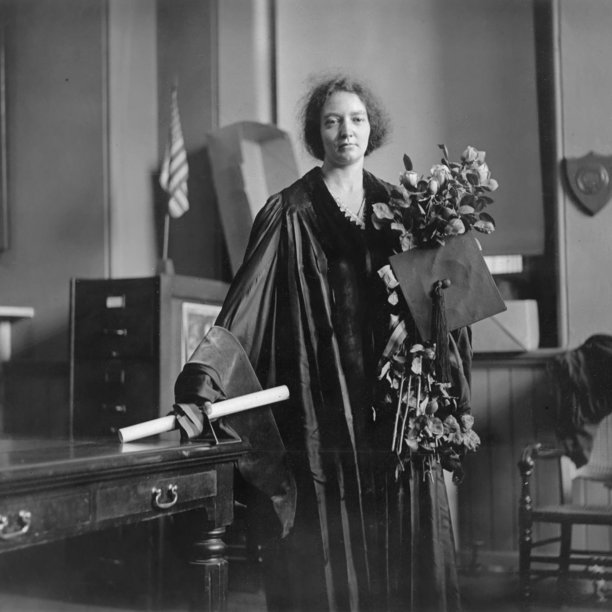We believe diversity broadens our research scope and enhances the quality of our education. Diverse teams lead to better strategies, more creative ideas and faster innovation for all. Our Irene Curie Fellowship aims to advance talented female researchers to thrive and be successful in top positions in science. The program addresses the aspirations and needs of women in industry, academia, and research institutes to support their ambition to become a professor at our university.
Therefore, we are excited to have launched our Irène Curie Fellowship in July 2019. This program aims at attracting talented female scientists. We welcome all persons who (self-)identify as female to apply.
Features
-
Tenure track position of 5 years or senior position
-
Substantial start-up package
-
Develop your own research line
-
Participate in curriculum of department
-
Dedicated mentoring program
-
Dual career opportunity for spouses
As an Irène Curie Fellow, you will receive a tenure track position as assistant professor of 5 years. After a maximum of 4 years, the tenure decision will be made. If you already have a more senior profile, you are welcome to apply as associate of full professor. You will receive a tailor-made career proposal.
As an Irène Curie Fellow you will be offered the opportunity to establish an independent research program in collaboration with colleagues at our university, and at national and international institutions. Furthermore, we expect you to contribute to the curriculum of the department.
You will receive a substantial start-up package to kick-off your career in our university and, for example, hire a PhD candidate. In order to empower you, we provide support such as training programs for academic leadership and the university teaching qualification. A dedicated mentoring scheme is offered to support your ambitions, to increase your scientific career opportunities and to contribute to a stronger network of talented female scientists.
Flexible work schedules can be arranged. Family friendly initiatives are in place, such as our Dual Career Opportunity program to support accompanying partners, an international spouse program, and excellent on-campus children day care and sports facilities. Salary and benefits are in accordance with the Collective Labor Agreement for Dutch Universities.
Portraits Irène Curie Fellows
News
